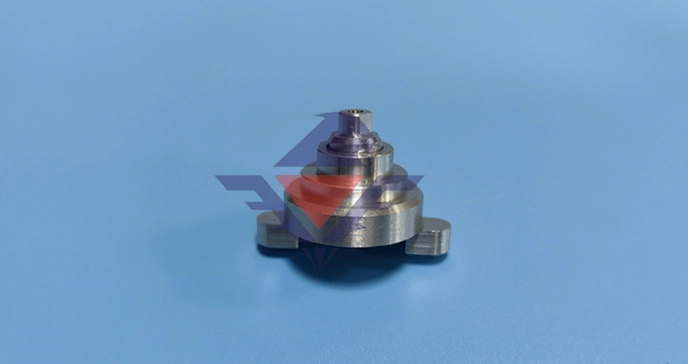
# Precision Swiss Screw Machining for Complex Components
## The Art of Swiss Screw Machining
Swiss screw machining is a highly specialized manufacturing process that has revolutionized the production of small, complex components. Originating in Switzerland’s watchmaking industry, this precision technique has evolved to serve a wide range of industries requiring tight tolerances and exceptional accuracy.
## Why Choose Swiss Screw Machining?
The unique advantages of Swiss screw machining make it ideal for producing intricate parts:
– Exceptional precision with tolerances as tight as ±0.0002 inches
– Ability to machine complex geometries in a single setup
– Superior surface finishes
– Efficient production of small-diameter parts
– Reduced material waste compared to conventional machining
## Key Applications Across Industries
Swiss screw machining serves critical needs in various sectors:
### Medical Device Manufacturing
The medical industry relies heavily on Swiss screw machining for components like:
– Surgical instruments
– Implantable devices
Keyword: Swiss Screw Machining
– Dental components
– Diagnostic equipment parts
### Aerospace and Defense
Precision is paramount in aerospace applications where Swiss machining produces:
– Fuel system components
– Avionics parts
– Guidance system elements
– Connectors and fittings
### Electronics and Telecommunications
The electronics sector benefits from Swiss machining for:
– Connector pins
– Sensor components
– Miniature screws and fasteners
– RF components
## The Swiss Screw Machining Process
Understanding the process helps appreciate its precision:
1. Material Feeding: The bar stock is fed through a guide bushing close to the cutting tools
2. Simultaneous Operations: Multiple tools can work on the part simultaneously
3. Continuous Support: The guide bushing provides continuous support, minimizing deflection
4. Precision Cutting: High-speed spindles and advanced tooling ensure accuracy
5. Automated Production: Modern CNC controls enable unattended operation
## Material Capabilities
Swiss screw machines work with an extensive range of materials:
– Metals: Stainless steel, titanium, aluminum, brass, copper, and exotic alloys
– Plastics: Delrin, PEEK, Ultem, and other engineering plastics
– Specialty Materials: Memory alloys, biocompatible materials, and high-temperature alloys
## Choosing the Right Swiss Machining Partner
When selecting a Swiss screw machining provider, consider:
– Experience with your specific industry requirements
– Quality certifications (ISO, AS9100, etc.)
– Capability to handle your material needs
– Capacity for both prototyping and production runs
– Quality control processes and inspection capabilities
## The Future of Swiss Screw Machining
As industries demand ever-smaller and more complex components, Swiss screw machining continues to evolve with:
– Advanced CNC controls for greater precision
– Integration with automation and robotics
– Improved tooling materials and coatings
– Enhanced measurement and inspection technologies
– Sustainable manufacturing practices
For manufacturers requiring the highest levels of precision in small, complex components, Swiss screw machining remains an indispensable solution that combines traditional craftsmanship with cutting-edge technology.